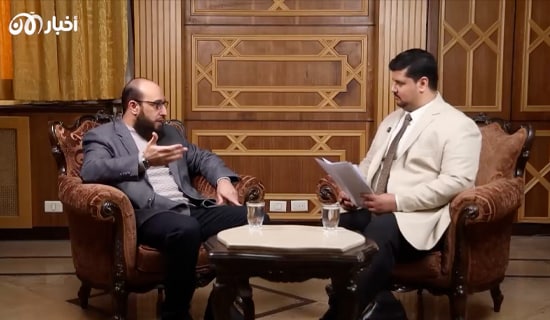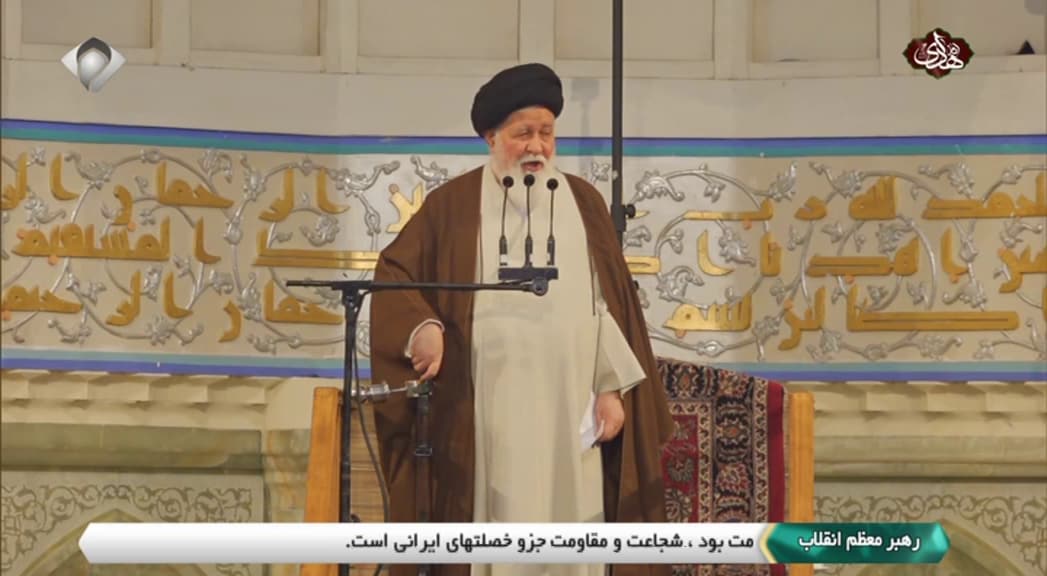
Following are excerpts from an interview with Mohsen Rezai, Secretary of the Iranian Expediency Council, which aired on Channel 2, Iranian TV, on June 8, 2006:
Mohsen Rezai: Twenty-five or thirty yeas ago, America by itself could boycott a country, because the significant and advanced commodities were in American hands. Nowadays, however, not only Europe, but also China, south-western Asia, Malaysia, and other large countries have made extraordinary progress, and have passed the developing phase. Today Iran's trading options are no longer limited to Europe or America, and the Americans understand this. Therefore, they cannot boycott Iran by themselves, or with the help of four or five countries. They need a broader consensus, which is a problem they will have to deal with.
They are also facing serious military difficulties. They cannot conduct a ground offensive against Iran, and even if they want to conduct an aerial attack, it is not clear whether this would be effective. The Iranian technology is locally made, and Iran could quickly transfer the Natanz site to some desert, so that even if the entire world invades Iran, they might not find it. If Iran goes underground following a couple of American bombs... If Iran goes underground with its nuclear activities, the entire world will curse America, and say: "What have you done? You made the region unsafe, and achieved nothing."
[...]
The American empire is hovering between life and death. If America loses some of the countries it has subjugated and plundered, there will be chaos in America.
[...]
America seems so big, but in fact is like a paper tiger - even the slightest tremor could easily make it crumple and disappear. That's why America's strength depends upon maintaining its hegemony.
[...]
Something very important has happened. The important thing is that the Americans wanted to finish this issue by September. They really wanted this boycott to be approved. This did not happen. Moreover, the Americans are no longer saying that Iran must be deprived of its nuclear rights forever. Many of our friends, who objected to Iran's firm stance, used to say: "If the dossier is referred to the Security Council, it would deprive Iran of nuclear technology forever, within a week. Why are you resisting?" Why did this not happen? Iran has accomplished a great thing.
[...]
True, America managed to refer Iran's dossier to the Security Council, but Iran halted the dossier in the Security Council, without the support of any international power. A Third World country, which does not have the right of veto in the Security Council, or the support of any other country, has stopped this dossier and forced the other side to behave with courtesy, although they are by nature not courteous.
[...]
Interviewer:Why do you think the Americans gave in?
Mohsen Rezai: First of all, the Americans and the Europeans did not think Iran would persevere. Iran was skillful in that it came very close to the sanctions. Eisenhower said something interesting. He said that a strong a country is one that will progress to the brink of nuclear war. Iran has displayed a potential that they did not believe it had.
Three years ago the Iranian foreign policy was almost a disgrace. We used to give them everything they wanted. We made all the country's documents available to the IAEA. We were tumbling down a slope, and they did not believe that Iran would display such steadfastness, which completely contradicted what it was before.













